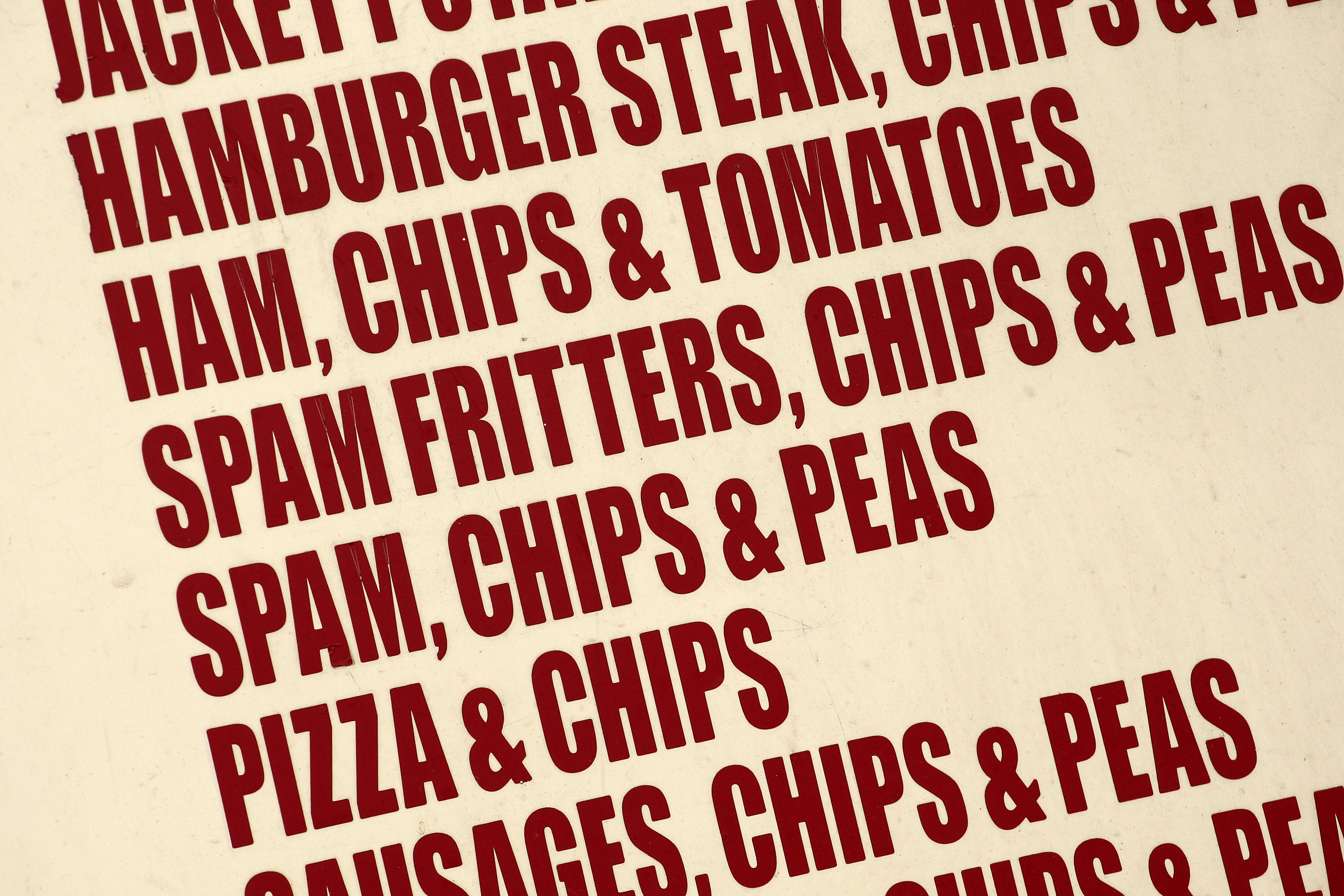Food strategy chief doubts impact of new calorie labelling plan
Henry Dimbleby, who co-founded the Leon restaurant chain, said the move is a ‘small intervention’.

Your support helps us to tell the story
From reproductive rights to climate change to Big Tech, The Independent is on the ground when the story is developing. Whether it's investigating the financials of Elon Musk's pro-Trump PAC or producing our latest documentary, 'The A Word', which shines a light on the American women fighting for reproductive rights, we know how important it is to parse out the facts from the messaging.
At such a critical moment in US history, we need reporters on the ground. Your donation allows us to keep sending journalists to speak to both sides of the story.
The Independent is trusted by Americans across the entire political spectrum. And unlike many other quality news outlets, we choose not to lock Americans out of our reporting and analysis with paywalls. We believe quality journalism should be available to everyone, paid for by those who can afford it.
Your support makes all the difference.The leader of the Government’s National Food Strategy has said he doubts a new policy compelling restaurants to show the calorie content of dishes will have much effect on diners.
Henry Dimbleby, who co-founded the Leon restaurant chain, said the move is a “small intervention”.
Businesses with 250 or more employees in England, including cafes, restaurants and takeaways, will be required to display the calorie information of non-prepacked food and soft drinks prepared for customers.
Calories will need to be displayed at the point of choice for the customer, such as physical menus, online menus, food delivery platforms and food labels.
Speaking on BBC Radio 4’s Today programme, Mr Dimbleby, who is also lead non-executive director at the Department for Environment, Food and Rural Affairs, said: “If you look at what calorie labelling might do, I think it is a small intervention.
“The primary benefit, I think, actually, and from my experience at Leon – which we sold last year, I should say, so I’m not involved at the moment – it will make companies think a bit more carefully about what they put on the menu.
“But for the customer, I think, maybe in everyday eating out, places you go all the time, it may mean that they eat slightly lower calories but I doubt it will have much effect for eating out.”
The measure, which forms part of the Government’s wider efforts to fight obesity, have been introduced to help consumers make more informed, healthier choices when eating out or ordering takeaways.
It is estimated that overweight and obesity-related conditions cost the NHS £6.1 billion each year.
In a Public Health England survey on calorie reduction, 79% of respondents said they think menus should include the number of calories in food and drinks.
However, the move has received a mixed response, with one charity warning the move will negatively affect people with eating disorders.
Tom Quinn, director of external affairs at Beat, said the eating disorders charity is “extremely disappointed”.
A Department of Health and Social Care spokesman said: “Obesity is one of the biggest health issues we face as a country and clear food labelling plays an important role in helping people make healthier choices for themselves and their families.
“We are all used to seeing nutritional information on products sold in supermarkets, and displaying calorie information on menus can help us consume fewer calories when eating out or getting a takeaway.
“The regulations will also allow businesses to provide menus without calorie information at the request of the customer.”